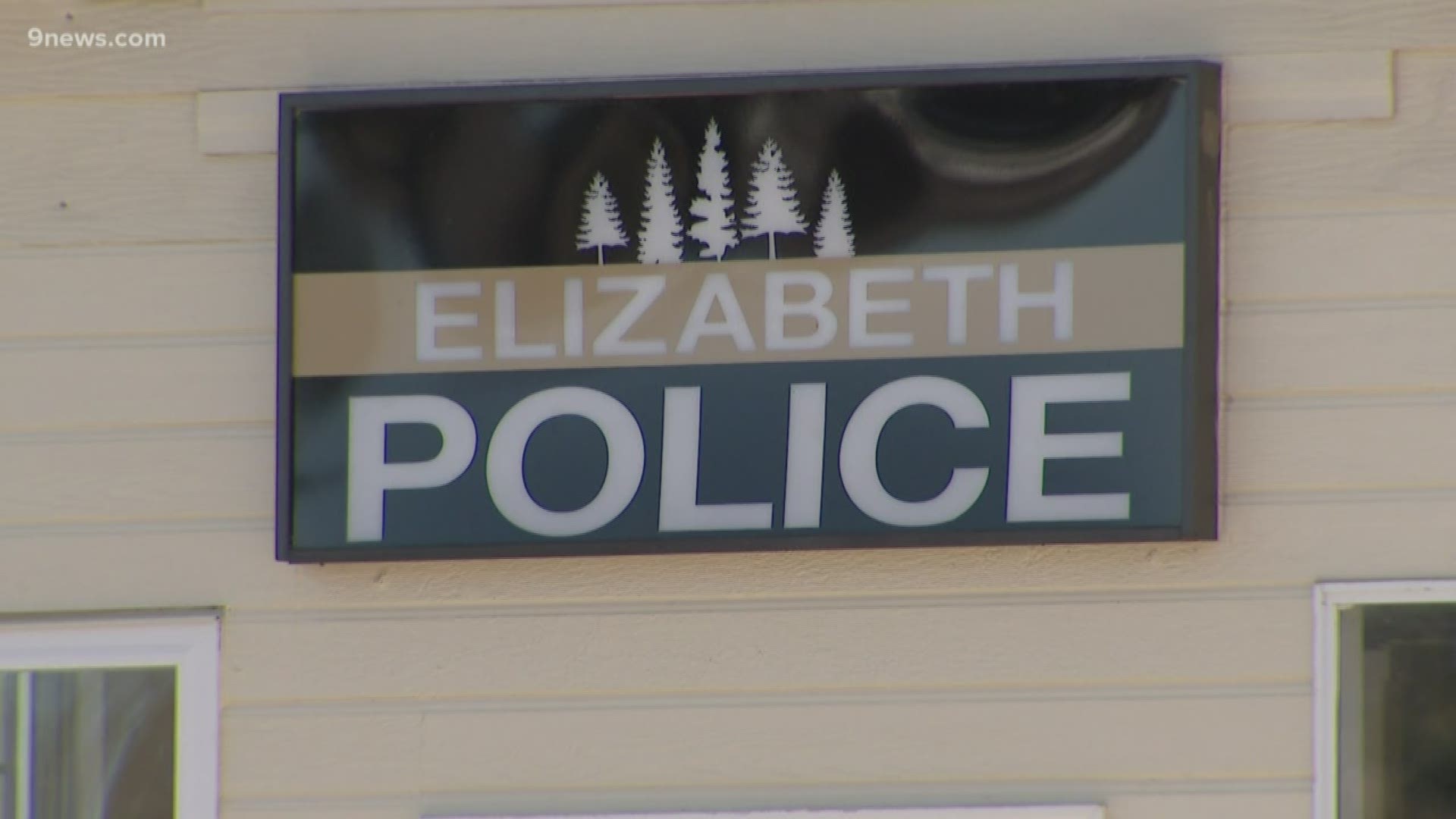DENVER — A cybersecurity expert said tips from the federal government that result in action by law enforcement at the local level seems to be a trend that will continue, even if it is surprising to some.
"I think the federal government has recently shown signs of being much more interested in making sure that everybody's safe," said Steve Beaty, a computer sciences professor at Metropolitan State University of Denver.
Beaty spoke with 9NEWS following a threat that resulted in the closure of Elizabeth High School on Friday.
That decision was made after Homeland Security reported to Elizabeth police a school shooting threat with a specific time, according to Chief Stephen Hasler.
Investigators found the threat to not be credible, but the chief said this type of information coming from the federal government is new.
9NEWS spoke with Beaty, who has 29 years of experience in the field of cybersecurity, about how the federal government monitors the internet and tracks threats.
(Editor's note: Responses have been edited for context and clarity.)
9NEWS: Is this something new? Or, has this been going on for a while?
Beaty: It's something we've had the capability of doing for a while. This is the first time in my experience for a federal organization to essentially reach down to a very local level and say, 'Here's a credible threat.'
How does it work?
Beaty: [Department of Homeland Security] is continuously monitoring pretty wide swaths of the internet overall.
People [are] actually watching and of course there are lots of what we call 'bots' out there. These are computer programs trained to look for certain keywords on an ongoing basis, a little bit of what we call machine learning or artificial intelligence may be applied.
(As an example) it would be, I'm monitoring tweets and all of a sudden the tweets that came up that somebody typed in then hit a particular search term or terms and that tweet then raised an alarm at D.H.S.
This all falls under the Patriot Act. What kind of power does the government have to monitor the internet?
Beaty: The government has the capability of intercepting by and large many kinds of electronic communication. Now, it has to be an ongoing investigation or somebody contacting someone within the United States from without or vice versa. Usually, it has to cross our national borders for those particular communications to be interpreted, searched, those sorts of things legally.
Inside of our borders that is not the case. Once, we are not talking about an international communication, then it does take either a warrant or subpoena or those sorts of things for the government to monitor specific communication.
How could something like the threat in Elizabeth pop up?
Beaty: It could've been on a specific bulletin board that DHS monitors either on an ongoing basis or has a reason to monitor that.
The kind of canonical example is Facebook groups. Some of these are public. Some of these are private. But, if you have a public Facebook group, you could expect that lots of people are essentially indexing or searching what is that you're doing.
There's a very wide variety of places that remain public that people use and sometimes people aren't even aware of the public nature of what they're doing.
What about people who feel this may be a violation of their privacy?
Beaty: It could be. But, in general, in my experience, law enforcement from the federal government all the way down are very, very careful not to break the law.
When these communications are intercepted, we have to believe that they have a very good reason to do it. They had a warrant that essentially, in general, requires a judge to sign off on the monitoring of communication or the communication was public.
If anyone's concerned, they do definitely need to go back and check what's called their user license agreement. What am I agreeing to here by using your particular electronic social media or whatever else? People need to understand what they're giving up for what it is that they're getting.
These places are getting something from us when they're giving us something for free and it's very important that we, the users of what we call these platforms, understand what that might be.
Should we expect to see more of these types of warnings from Homeland Security?
Beaty: I think the federal government has recently shown signs of being much more interested in making sure that everybody's safe. They've started having more input, if you will, in the voting. The National Security Agency (NSA) has recently stood up a division to help businesses especially the critical infrastructure.
It seems to me that this a trend. I think we can expect to see this continue.
SUGGESTED VIDEOS | Local stories from 9NEWS

